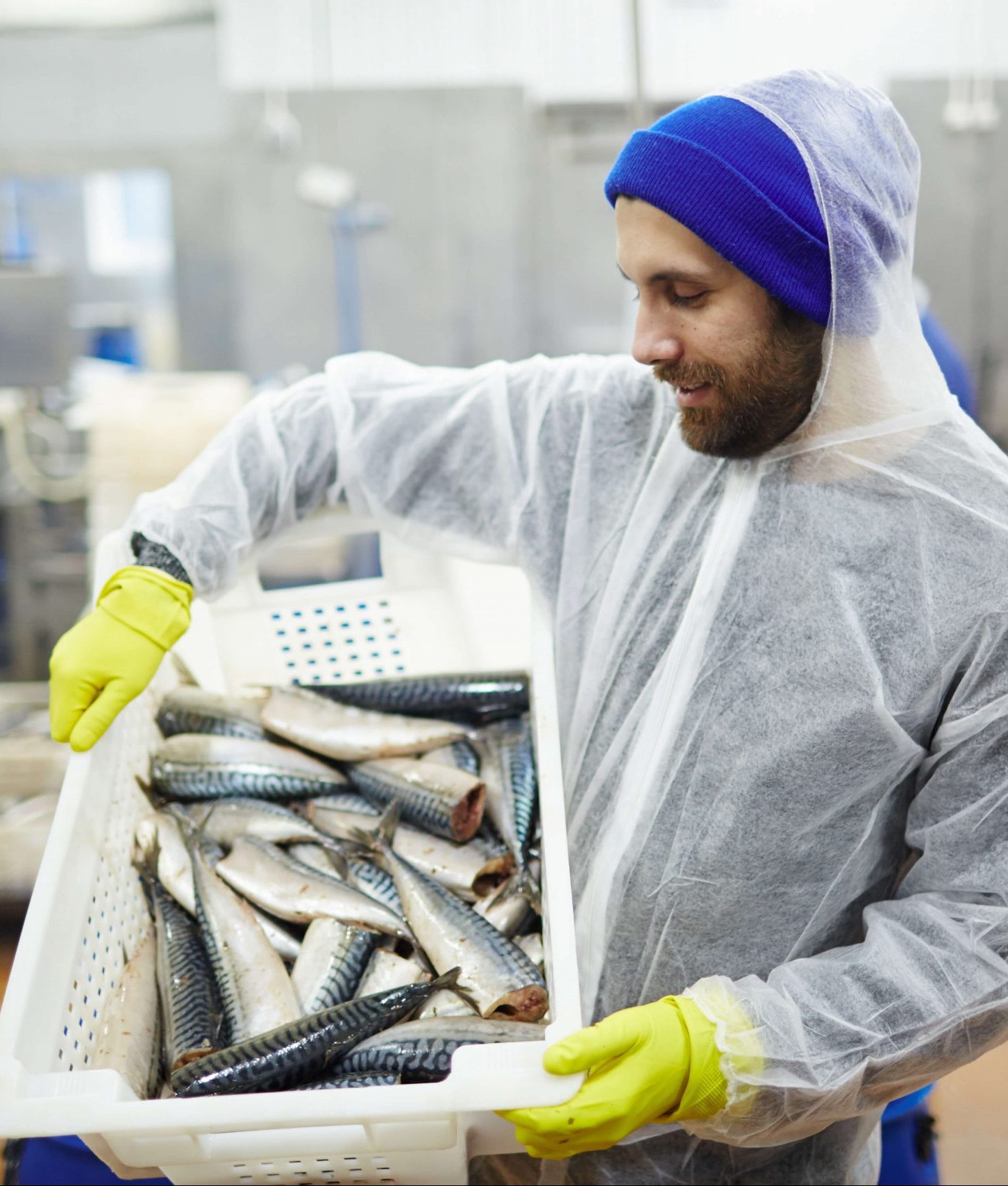Processors
Processors play an essential role in the seafood industry by converting raw or semi-processed material into a product significantly different than before. By implementing practices to uphold worker rights and engagement in their facilities, processors can have an outsized impact on human rights and labor conditions because of the large workforces typically employed in these facilities.

What is a processor?
A processor is a company that modifies or converts fish or other seafood into different forms (e.g. canned, smoked, breaded, filleted, headed or gutted) for additional processing or final consumption.
Roadmap Guidance
Seafood processing often involves low-wage, migrant, and seasonal labor in facilities that vary in scale and oversight. Human rights due diligence allows you to identify risks linked to working hours, recruitment agents, and subcontracting, and to strengthen internal systems that promote fair treatment and worker well-being across processing lines.
Ensure that no worker pays recruitment fees, directly or indirectly. Review recruitment practices and verify that any third-party labor agents are not charging fees to workers. Conduct worker interviews and recruit through verified ethical recruitment agencies.
Require clear wage structures, no document retention, and transparent deductions in contracts with labor agents and hiring managers. Include rights-based performance clauses and conduct spot checks to ensure they are upheld.
Review and standardize employment contracts across your sites and your suppliers. Contracts should be clear, multilingual, and include terms on wages, working hours, rest days, and repatriation. Support suppliers in delivering verbal briefings or visual aids to explain terms to workers.
Ensure that working hours, rest time, and safety policies comply with national law and international standards. Use punch cards or electronic logs to track hours, and audit living quarters to verify cleanliness, occupancy limits, and fire safety compliance.
Train production supervisors and HR staff on recruitment risks, understanding and protecting workers’ rights, and communication. Host training in partnership with local organizations or experienced facilitators who understand the seafood sector.
Provide accessible, anonymous grievance channels. Consider secure physical drop boxes, toll-free hotlines, text-based reporting apps, or partnerships with local NGOs.
Establish or support functioning worker committees. Facilitate regular dialogue between management and workers, ensuring that meetings can be scheduled during work hours.
Partner with civil society to build worker awareness of grievance mechanisms and support grievance resolution. Offer joint training, outreach, and on-site drop-in hours for worker support groups.
Promote freedom of association by engaging with trade unions, worker committees, and trusted organizations. Ensure workers can organize safely and are involved in identifying and addressing labor risks.
Display grievance information clearly where workers congregate, such as in canteens and housing facilities. Include contact details, instructions, and workers’ rights in multiple languages.
Work with suppliers and labor providers to correct problems when they arise. For example, reimburse illegal recruitment fees and update procedures to prevent recurrence.
Coordinate with buyers to align expectations and get support for remediation. Share improvement plans and seek co-funding for systemic solutions, such as updated housing or digital timekeeping or pay systems.
Join platforms or improvement groups tackling labor risks in seafood. Share best practices, learn from others, and deploy responsible recruitment expectations across shared supply chains.
Monitor key metrics like recruitment fees repaid, worker grievances resolved, and improvements made in housing, contracts, or rest time. Set internal goals and review them regularly.
Publish anonymized case studies or success stories to show progress. For example, share how a grievance led to improved worker orientation processes, or how housing was upgraded in response to worker feedback.
Build trust and position your company as a responsible partner by being transparent about ongoing challenges. Communicate what’s been done, what remains, and how you are working toward better outcomes.

